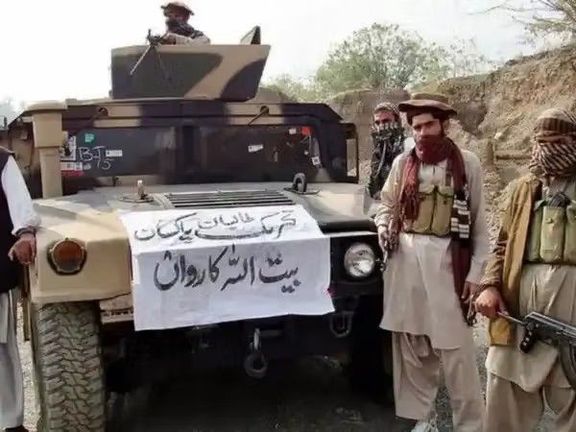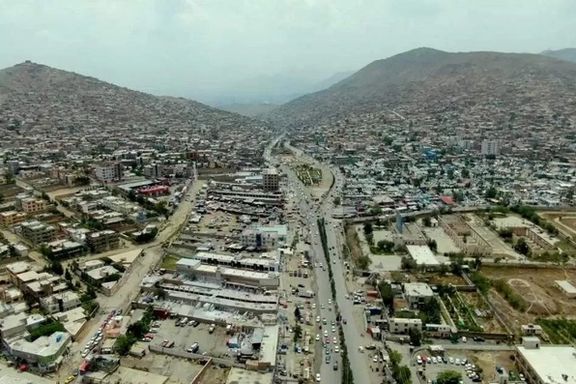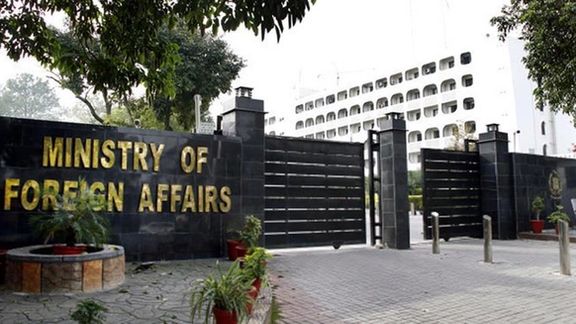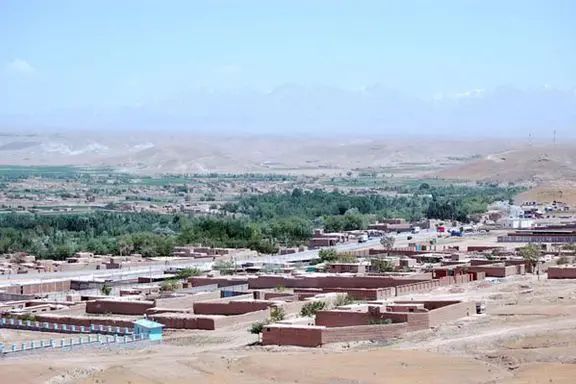The Interior and Defence Ministers, along with three Deputy Prime Ministers, believe this ban is detrimental to the Taliban's interests.
Under a new law on "Propagation of Virtue and Prevention of Vice," primarily enforced by the Taliban leadership, photographing individuals has been banned.
The law advises relevant authorities to prevent the publication of living beings’ images in media outlets.
According to sources, Taliban’s Interior Minister Sirajuddin Haqqani and Defence Minister Yaqoob Mujahid are against this decision. Additionally, three Deputy Prime Ministers—Mullah Baradar, Abdul Salam Hanafi, and Abdul Kabir—also oppose it, viewing the enforcement of media-related provisions as a means to "cripple the promotional apparatus" of the Taliban administration. These officials express concern that some of Akhundzada's decrees could hinder the Taliban's diplomatic efforts.
A source close to the Taliban reported that individuals associated with the Haqqani network, which controls many propaganda centres, oppose the new media restrictions, perceiving them as attempts to isolate their network. Recently, the Haqqani network has initiated the production of a documentary through the Jalal Foundation, focusing on its role in two decades of conflict.
Sources revealed that Mullah Hibatullah is unable to appear in the media due to these restrictions, which has led him to attempt to suppress coverage of the conflict and the activities of other Taliban leaders. The Haqqani network, despite lacking influence in the Taliban's religious circle in Kandahar, is filling the gap with media propaganda.
The Haqqani network reportedly has the financial backing to produce documentaries and investigative reports about its activities, although this runs counter to the prevailing sentiments of the ruling religious faction in Kandahar.
Close associates of the Haqqani network have defended the current need for filming and photography by releasing an old video of the network's founder, Jalaluddin Haqqani, who deemed such practices permissible.
Gradual Closure of National Television
It has been reported that a decision was made to gradually implement the law concerning public order, focusing initially on explaining the religious decree regarding the publication of images in media. However, when negligence regarding this law was observed in Kabul, Mullah Hibatullah ordered its initial enforcement in Afghanistan's national television, provincial channels, and state media.
Despite this directive, most young officials in the Taliban, aside from those in the ministries of higher education, virtue promotion, and a few other institutions managed from Kandahar, have not fully complied. Recently, Neda Mohammad Nadeem, the Taliban Minister of Higher Education, allowed reporters at a meeting to record only audio. Meanwhile, Deputy Interior Minister Mohammad Nabi Omari, who is closely associated with Sirajuddin Haqqani, reportedly did not respond during the session.
Employees of the Taliban-controlled national television informed Afghanistan International that Qari Yusuf Ahmadi, the head of this network, stated in a management meeting that Mullah Hibatullah plans to shut down national television, transforming it into "Radio Voice of Sharia”.
The Taliban Ministry of Information and Culture is yet to comment on Mullah Hibatullah's directive. However, a source indicated that the leadership of this ministry has also been instructed from Kandahar to gradually halt national television broadcasts.
According to Article 17 of the Taliban's law on "Propagation of Virtue and Prevention of Vice," photographing living beings is prohibited. The Taliban has officially begun efforts to prevent photography, filming, and the activities of visual media across various provinces, believing that such practices, based on the Prophet Mohammad's teachings, constitute a "great sin." This initiative began in Kandahar and has since extended to Takhar, where orders to close local television stations were issued.






